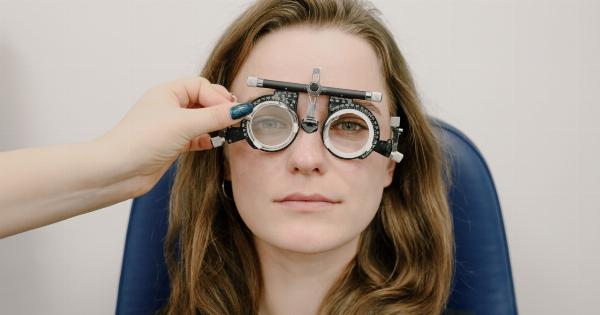Dementia is one of the most common diseases found in elderly individuals. According to Alzheimer’s Association, it affects approximately 50 million people worldwide. By 2050, this number is estimated to reach 131.5 million, which is alarming.
Dementia patients require special medical attention due to the progressive and complex nature of their illness. As such, it is imperative to have a designated doctor for dementia patients.
What is Dementia?
Dementia is not a specific illness but a term used to describe a collection of symptoms that affect brain function associated with memory loss, communication difficulties, trouble performing daily activities, disorientation, personality changes, and mood swings. It can also cause loss of cognitive function, making it hard to make decisions and think critically. While it most commonly affects older adults, it can occur in people of any age.
Challenges in Treating Dementia Patients
Dementia is not an easy disease to treat. Unlike other diseases, it does not have a specific course of treatment. The course of treatment usually depends on the type of dementia, severity of the disease, and individual symptoms.
As a result, it can be challenging to manage dementia patients, and this is where a designated doctor can help.
Benefits of a Designated Doctor for Dementia Patients
There are several benefits of having a specialized doctor for dementia patients:.
1. Expertise in dementia care
A designated doctor for dementia patients has the expertise and knowledge to handle the unique challenges of caring for people with dementia.
They understand the complexities associated with the disease, and the various treatment approaches that can help to ease symptoms.
2. Personalized care
Having a designated doctor for dementia patients means that patients receive personalized care. The doctor can take time to understand the patient’s medical history, preferences, and lifestyle, and tailor a care plan that suits their needs.
This type of individualized care often leads to better outcomes and a higher quality of life for the patient.
3. Better communication
Dementia patients often have difficulty communicating their needs and expressing themselves. As such, it is crucial to have a doctor who can understand the patient’s situation and communicate effectively with them.
A designated doctor for dementia patients can help to improve communication between the patient, family, and other healthcare providers to ensure that everyone is on the same page regarding care.
4. Coordination of care
People with dementia often require care from multiple providers, including specialists, nurses, and caregivers.
A designated doctor can oversee the patient’s care, ensuring that all providers work together to provide the best possible care for the patient.
5. Support for caregivers
Caring for a loved one with dementia can be emotionally and physically draining for caregivers.
A designated doctor can offer support to caregivers by helping them understand the disease, providing tips on how to manage symptoms, and offering resources for additional support.
Conclusion
Dementia is a complex illness that requires specialized care. Having a designated doctor for dementia patients can help to ensure that patients receive personalized care, better communication, coordination of care, and support for caregivers.
It is essential to have a doctor with experience in dementia care, as this can significantly improve the patient’s quality of life.





























